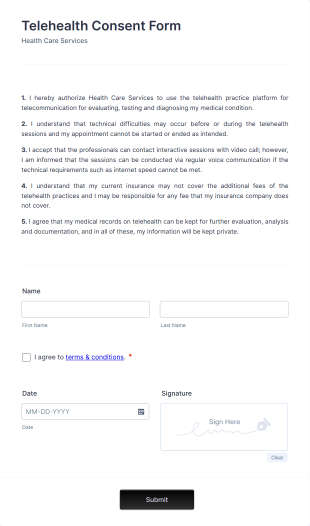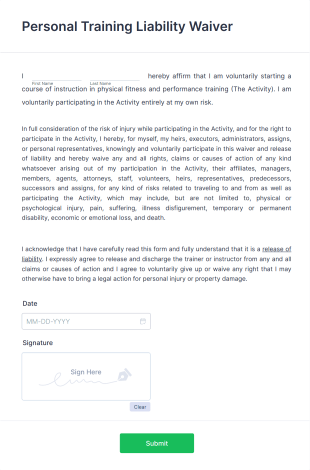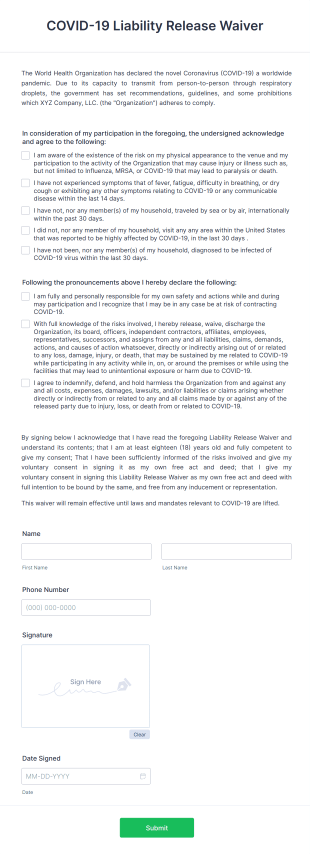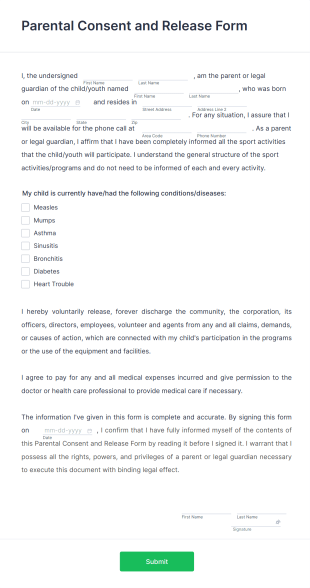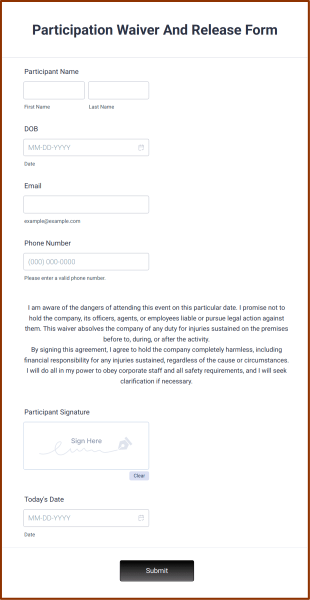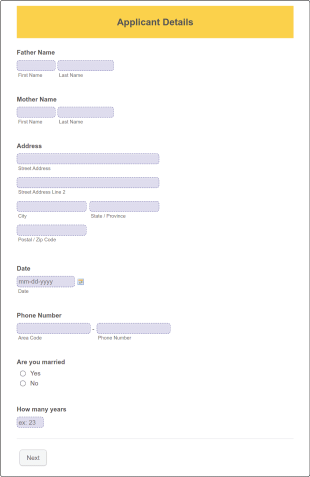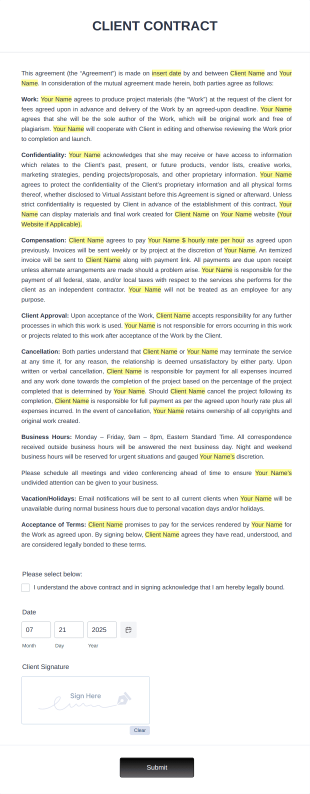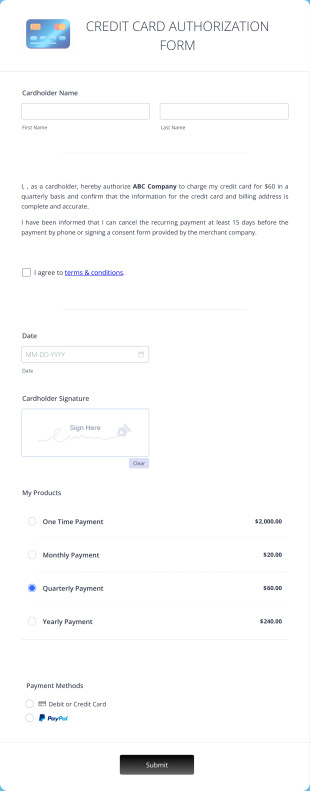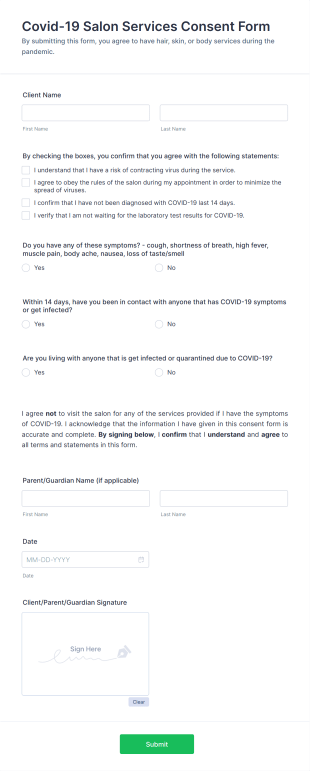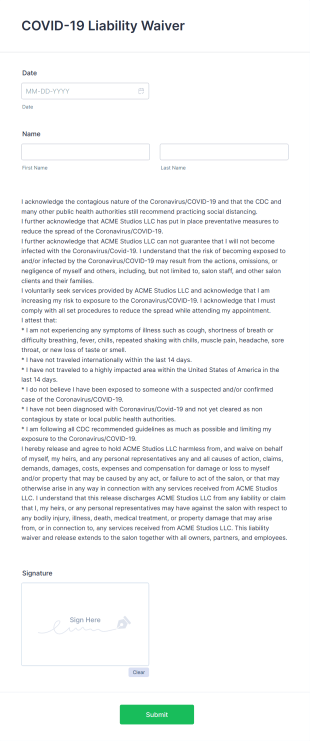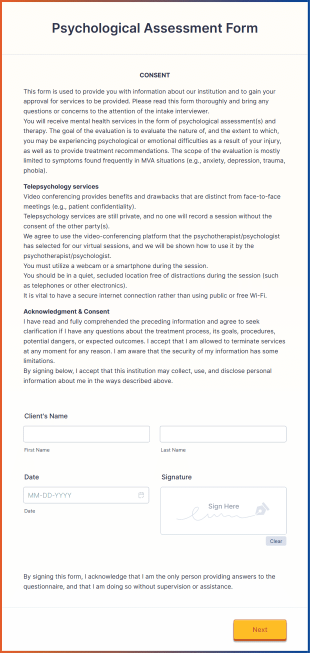Event Photography Contract FAQs
1) When should you use an event photography contract?
An event photography contract should be used anytime a photographer is hired by a client to photograph a specific event. Sometimes the manager of an event venue may have their own photography contract that they use with photographers they hire.
Instead of creating a new contract for each client, many photographers use event photography contract templates to save time and ensure that all the necessary event details and boilerplate clauses are included. Photographers can also customize the document for each new client they work with.
2) What should be included in an event photography contract?
The specific details in an event photography contract will vary from one photographer and client to another. However, most event photography contracts include the following details:
- The client’s name and contact details
- The photographer’s name and contact details
- Details about the event, such as the date, location, type, and time
- Details of the photography package, such as pre-event consultations, number of photos requested, specific shot lists, ownership of photos, delivery of digital copies or prints, and more
- Price of the photography package as well as the cost of any additional services
- Due date for final product
- Payment schedule
- Legal terms and conditions, such as model or property releases, liability, exclusivity, right of withdrawal, severability, arbitration, and more
- Signatures of the photographer and client
- Date of contract execution
Many photographers use an event photography contract template, which includes all of this information, and customize it to add, remove, or edit any fields as required.
3) What are the different types of event photography contracts?
There are as many different types of event photography contracts as there are events, including everything from weddings, baby showers, and family gatherings to graduations, corporate outings, and town-sponsored events, and more.
Contracts will differ based on the details of the event. For example, a wedding will have different photography requirements than a graduation or corporate meeting. That’s why it’s important to customize event photography contracts based on the specifics of the event and the client’s needs. Make sure your responsibilities as the photographer are clear in order to avoid misunderstandings before, during, and after the photo shoot.
